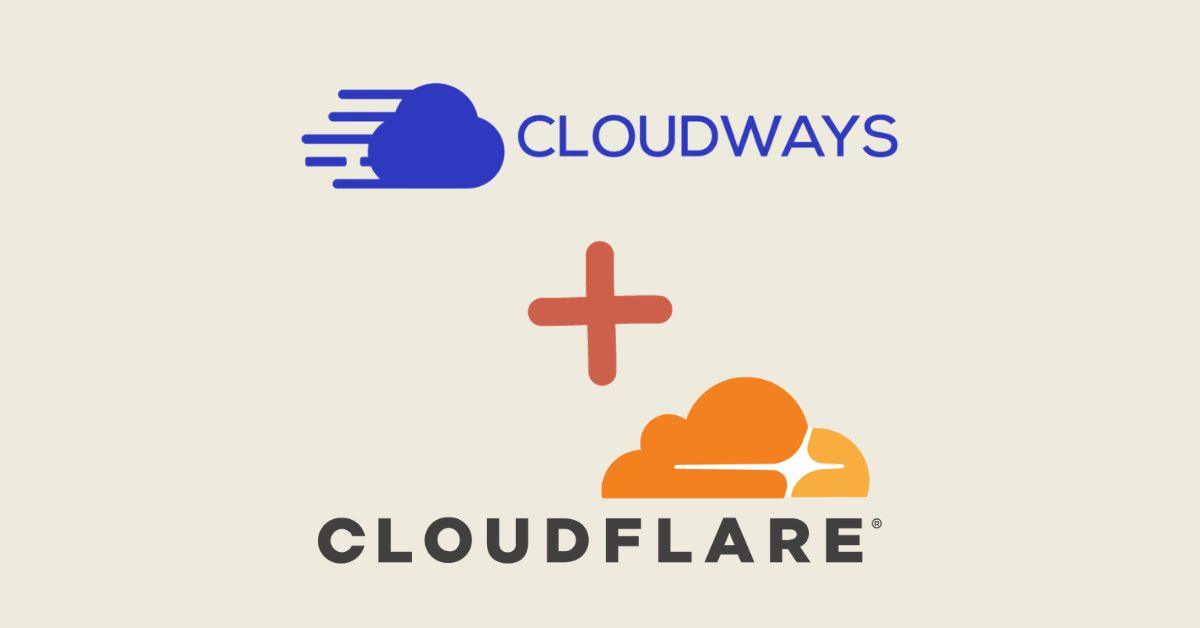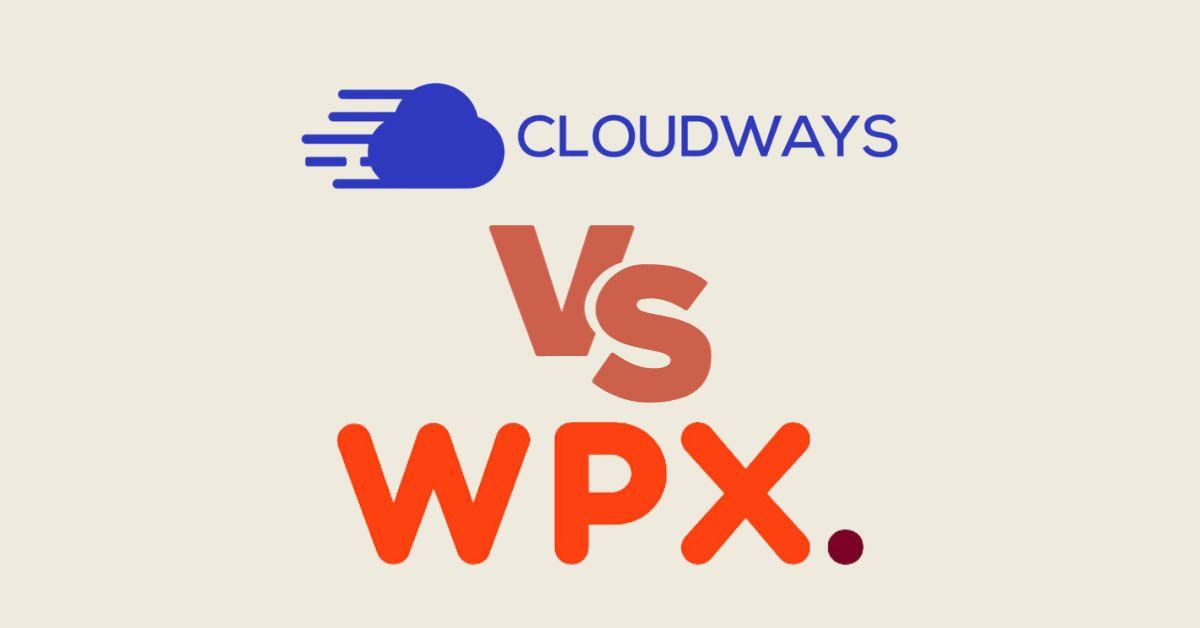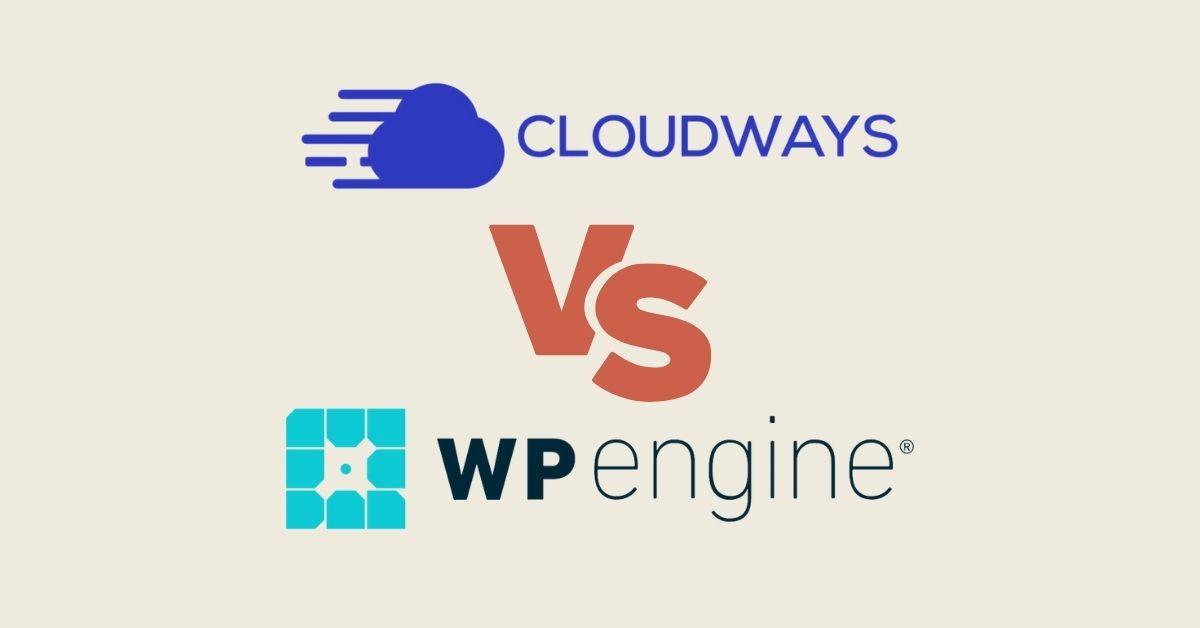Introduction
In the digital age we live in, having a strong online presence isn’t just nice—it’s absolutely necessary. If you’re a small business owner, your website is often the first point of contact for your potential customers. It’s like your digital storefront, and it’s open 24/7, serving not just your local community, but potentially a global audience. A well-designed website can help establish credibility, enhance your brand’s image, and drive business growth.
One of the most popular platforms for creating websites is WordPress. As of 2023, WordPress powers over 40% of all websites on the internet, and there’s a reason for that. It’s flexible, user-friendly, and offers a range of features to fit different business needs. Whether you’re running a small local shop or a growing online venture, WordPress is an excellent choice.
But, let’s address the elephant in the room – cost. You’re probably wondering, “How much does it cost to design a website for a small business in 2023, especially a WordPress site?” Good question. The answer, though, isn’t straightforward. It depends on a variety of factors, including your specific business needs, the complexity of your site, and the services you choose to invest in.
The purpose of this article is to demystify these costs for you. We’ll break down the different factors that contribute to the overall cost of designing a WordPress website for a small business. By the end of this read, you’ll have a clearer picture of what to expect and how to budget for your own website design. So, grab a cup of coffee, and let’s get started!
I. Understanding the Basics
To fully grasp the costs involved in designing a small business website, it’s important to understand a bit about WordPress itself. So, what is WordPress? Simply put, it’s a Content Management System (CMS) – a software that helps you create, manage, and modify content on your website without needing to know anything about coding. Think of it like the foundation and framework of a house, providing the structure and stability, while you get to decide the paint colors, furniture, and decorations.
WordPress comes in two flavors: WordPress.com and WordPress.org. WordPress.com is a hosted solution, meaning it takes care of the technical aspects like hosting and domain names for you, but at a cost and with less flexibility. WordPress.org, on the other hand, is self-hosted, offering you complete control over your site, but it also means you’re responsible for arranging your own web hosting and domain name. For a small business looking for more control and scalability, WordPress.org is often the preferred choice.
Why is WordPress so popular, particularly among small businesses? There are several reasons:
- It’s user-friendly. Even if you’re not a tech wiz, WordPress’s intuitive interface makes it easy to add and update content on your website.
- It’s highly customizable. With thousands of themes and plugins available, you can tailor your site to look and function exactly the way you want it.
- It’s scaleable.
As your business grows, your WordPress site can grow with it, accommodating more traffic and more complex functionalities.
In the next sections, we’ll delve into the specific costs associated with designing a WordPress website. But remember, while cost is an important factor, it shouldn’t be the only thing you consider. The right website design can be a game-changer for your small business, so think of it as an investment – an investment in your business’s future.
II. The Cost Factors in Website Design
When it comes to designing a website, various elements come together to form the final product. Each of these elements comes with its own cost, and understanding these costs can help you budget more accurately for your website design project. Here’s a breakdown of the key cost factors:
1. Domain Registration: Think of the domain as your website’s address on the internet. It’s how your customers find you online. The cost of a domain name typically ranges from $10 to $50 per year, although premium domain names can cost hundreds or even thousands of dollars. Your choice of domain name can influence your brand’s perception, so choose wisely!
2. Web Hosting: Web hosting is like the plot of land where your website (the house) sits. It’s where all your website’s files and data are stored. For WordPress websites, hosting can cost anywhere from $3 to $50 per month, depending on the type of hosting service you choose (shared, VPS, dedicated, or managed WordPress hosting).
3. Themes and Plugins: Themes determine the look of your website, while plugins add specific functions to it. WordPress offers thousands of free and premium themes and plugins. While free options can work for basic sites, premium themes ($20-$100+) and plugins ($15-$200+) offer more features and customization options.
4. E-commerce Capabilities: If you plan on selling products or services directly from your site, you’ll need e-commerce capabilities. This includes a shopping cart, payment processing, and security measures. WordPress plugins like WooCommerce offer these features. While the basic plugin is free, extensions for additional functionalities can cost anywhere from $20 to $300.
5. SEO and Marketing Features: A well-designed website is not just about looks—it should also be optimized for search engines to increase visibility. SEO plugins, email marketing tools, social media integrations, and analytics can add to your costs. Many of these tools have free basic versions, but premium features usually come with monthly or yearly fees.
Read more: How Mistakes on Your WordPress Site Can Mess Up Your SEO
6. Maintenance and Updates: Websites are not a “set it and forget it” kind of deal. Regular updates, backups, and security checks are crucial to keep your site running smoothly and securely. You might choose to do this yourself or hire a professional, which can cost around $50-$100 per hour.
Take a look at our WordPress Maintenance Services
7. Professional Web Design Services: If you want a truly unique website and have specific design needs, hiring a professional web designer or agency can be a good investment. The cost for this service can vary greatly, from a few hundred to several thousand dollars, depending on your requirements and the designer’s expertise.
Remember, each of these factors contributes to the overall cost of your website, but they also contribute to its quality and effectiveness. In the following sections, we’ll delve into the specific costs associated with WordPress and provide tips on how to balance quality and cost-effectiveness in your website design.
III. The Cost of WordPress Elements
Designing a WordPress website involves some specific elements that can affect the overall cost. These elements, while sometimes overlooked in initial cost considerations, can significantly impact the functionality and appeal of your site. Let’s delve into these in more detail:
1. Premium Themes: WordPress offers an array of themes that dictate your website’s visual appearance. While there are many free themes available, premium themes provide more unique designs, additional features, and often come with a higher level of support from the developers. The cost of premium themes can range from $30 to $100, or even higher for highly specialized themes. When choosing a theme, consider its compatibility with your brand identity, ease of customization, and whether it provides the features your business needs.
2. Premium Plugins: Plugins extend the functionality of your website, adding features like contact forms, photo galleries, SEO tools, and more. While WordPress has thousands of free plugins, premium plugins offer advanced functionalities, better performance, and dedicated support. The cost can range from $15 to a few hundred dollars per year. Consider your specific needs and remember that while plugins can enhance your site, overloading your website with unnecessary plugins can slow it down and create a less than optimal user experience.
3. WordPress-specific Hosting Services: While there are various types of hosting services available, some are tailored specifically for WordPress websites. These WordPress-specific hosting services offer features like automatic updates, security measures designed for WordPress, and expert WordPress support. Shared WordPress hosting can start at around $3-$10 per month, while managed WordPress hosting—a more hands-off solution—can start at $20 per month and go up depending on your site’s needs.
4. Developer Costs for Custom WordPress Development: If you have unique functional requirements or desire a completely custom design, you may consider hiring a WordPress developer. The rates for developers can vary widely, from $20 to $100+ per hour depending on their expertise and the complexity of the project. Keep in mind that while this can increase the upfront cost, having a website tailored specifically to your business needs can deliver a better return on investment in the long run.
As you choose between different WordPress elements, it’s important to strike a balance between cost and quality. Free or cheaper options can be tempting, especially for small businesses with tight budgets, but remember that your website is a representation of your business. Investing in the right elements can result in a more professional, effective website that drives more traffic and conversions, ultimately contributing positively to your bottom line.
IV. The Price Range for Small Business Websites
With the multitude of factors involved in designing a website, it’s challenging to pin down a single price that covers all small business websites. However, based on the elements we’ve discussed, we can provide a general price range to give you a sense of what to expect in 2023.
For a basic small business website on WordPress, you can expect to pay anywhere from $500 to $1000. This estimate covers the essentials: domain registration, basic hosting, a free or low-cost theme, a few key plugins, and minimal professional assistance.
If your business requires more advanced features or a more unique, professionally designed appearance, the cost can range from $1,000 to $5,000. This range includes premium themes and plugins, more robust hosting, SEO tools, and possibly some custom design or functionality.
At the higher end, if you’re looking for a comprehensive e-commerce platform, a membership site, or a highly customized design, you could be looking at costs from $5,000 up to $15,000 or more. This range would cover advanced hosting, premium e-commerce plugins, extensive customization, and potentially a higher level of ongoing maintenance and support.
Remember, though, that these are general ranges. The actual cost of your website will depend on your specific requirements and the choices you make throughout the design process. Also, remember that some costs, like hosting and domain registration, are ongoing, while others, like the cost of a theme or custom design work, are one-time expenses.
It’s also important to note that higher costs don’t necessarily guarantee better results. A more expensive website isn’t always a better one. The key is to invest in the areas that will provide the most value for your business and your customers.
Here are some examples of website costs for various types of small businesses in 2023:
- Small Family Lawyer Website: The cost of a WordPress website for a small to medium-sized law firm typically ranges from $2500-$8000. However, prices can increase significantly depending on the firm’s specific requirements. These costs cover things like website design, theme customization, and the creation of specific pages like “About Us,” “Our Services,” and “Contact Us.” They also include ongoing costs such as website hosting, domain registration, and website maintenance.
- Handmade Jewelry Seller in Zurich: A website for a handmade jewelry business can vary significantly in price depending on the complexity of the site and the specific requirements of the business. However, a web designer would typically charge between $1500 and $5000 for a custom site. This cost includes the design and development of the website, customization of the online shop, integration with payment gateways, and SEO optimization. It also covers ongoing costs such as hosting, domain registration, and website maintenance.
These examples should provide a clear picture of the price range for small business websites in 2023. Of course, these are only estimates, and the actual cost may vary depending on the specific needs and requirements of your business. It’s also important to remember that investing in a well-designed, professional website can greatly enhance your online presence and ultimately drive more business your way.
V. Ways to Minimize Costs
While a professional website is a valuable asset for any small business, it’s also important to manage your budget effectively. Here are some strategies to keep your website costs under control without sacrificing quality:
1. Use Free or Low-Cost Themes and Plugins: WordPress offers a vast library of free and low-cost themes and plugins that can meet the needs of many small businesses. While premium options often offer more features and customization options, many free options are highly functional and well designed. Start with these free options and only invest in premium products when you have a clear need for the additional features they provide.
2. Learn Basic WordPress Skills: WordPress is designed to be user-friendly, and with a bit of time and effort, you can learn to handle many aspects of your website yourself. From customizing your theme to installing and configuring plugins, there’s a wealth of online tutorials and resources to help you develop these skills. By doing so, you can reduce or eliminate the need for professional assistance, which can be a significant cost saving.
3. Limit Custom Development: While custom designs and features can make your website stand out, they can also add significantly to your costs. Before investing in custom development, consider whether a particular feature will truly add value to your website and be worth the investment. Often, you can achieve a professional, functional, and attractive website using existing WordPress tools and resources.
4. Opt for Shared Hosting: While dedicated or managed hosting services offer more resources and features, shared hosting is usually more than sufficient for small business websites and comes at a much lower cost. As your website grows and attracts more traffic, you can consider upgrading your hosting plan.
5. Regular Maintenance: Regularly updating your website’s themes and plugins and monitoring its performance can prevent issues that might require professional assistance to fix. Regular backups can also protect your investment by ensuring that you can quickly recover your website if any problems occur.
6. Implement SEO Yourself: With some research and learning, you can handle much of your website’s SEO yourself. From optimizing your website’s content and meta tags to setting up and managing a Google My Business account, there are many aspects of SEO that small business owners can do without professional help.
By using these strategies, you can significantly reduce the cost of setting up and maintaining a professional website for your small business. However, it’s important to remember that your website is a reflection of your business, and it’s worth investing in quality where it matters. While minimizing costs is important, so is creating a website that provides a positive user experience, reflects your brand positively, and effectively attracts and converts visitors.
VI. The Value of Professional Website Design
While discussing the cost of designing a website, it’s crucial to understand the value that a professionally designed website brings to your business. As the saying goes, “You get what you pay for,” and this is certainly true when it comes to website design. Here’s why:
1. First Impressions Matter: When a potential customer visits your website, they form an impression of your business within seconds. A professional, aesthetically pleasing design can create a positive first impression, helping to build trust and encourage visitors to explore further.
2. Usability and Functionality: A professional website designer knows how to create a site that’s not just good-looking, but also easy to navigate and user-friendly. This includes ensuring that your website is mobile-friendly, as a growing number of consumers are using their smartphones to browse the internet and make purchases.
3. SEO and Website Performance: Professional website designers are knowledgeable about SEO best practices and can structure your site for optimal search engine visibility. Additionally, they can enhance your website’s performance (speed, load times, etc.), which not only improves user experience but also positively impacts SEO.
4. Customization: With a professional designer, you have the opportunity to create a website that’s uniquely yours. They can help you choose the right layout, colors, images, and other elements that reflect your brand’s identity and resonate with your target audience.
5. Ongoing Support: A professional website design service doesn’t end when your site goes live. Most web designers offer ongoing support and maintenance services to ensure your website remains up-to-date and continues to function smoothly. This can include regular updates, security checks, fixing bugs, adding new features, WordPress transfer, and more.
6. Time Savings: Designing a website takes time, especially if you’re new to it. Hiring a professional to handle your website design can free up your time, allowing you to focus on what you do best – running your business.
Contact us today!
Conclusion
Designing a website for your small business is an investment, not just a cost. It’s a critical tool in establishing your online presence, showcasing your products or services, and connecting with customers. As we’ve discussed, the cost of website design for small businesses in 2023 varies greatly, influenced by numerous factors such as the platform used (in this case, WordPress), the elements included, and the level of customization required.
To summarize, a basic WordPress website can start from as low as $500, with costs escalating to $15,000 or more for complex, feature-rich websites. These costs factor in elements like the theme, plugins, hosting, domain registration, and whether or not you enlist the help of professionals for design and SEO. It’s also essential to remember that specific industries or businesses, like a small family lawyer website or a local plumber, may have different average costs based on their unique needs and market standards.
However, while it’s essential to keep costs in check, it’s equally important to recognize the value of professional website design. A well-designed website provides a positive user experience, reflects your brand positively, and effectively attracts and converts visitors. This is where investing wisely in website design pays off.
Remember, creating a website is not just about meeting your business needs—it’s about meeting and exceeding the expectations of your customers. It’s about providing them with an engaging, intuitive, and valuable online experience that they will associate with your brand.
As you consider your website budget, think about your specific needs and resources. What does your small business need to succeed online? How much can you reasonably afford to spend on your website without risking your financial stability? And most importantly, how can you best use your website to serve your customers and grow your business?
Now is the perfect time to take action. Evaluate your business needs, consider your options, and start planning your website budget. Remember, your website is an investment in the future of your business. Make it count.






